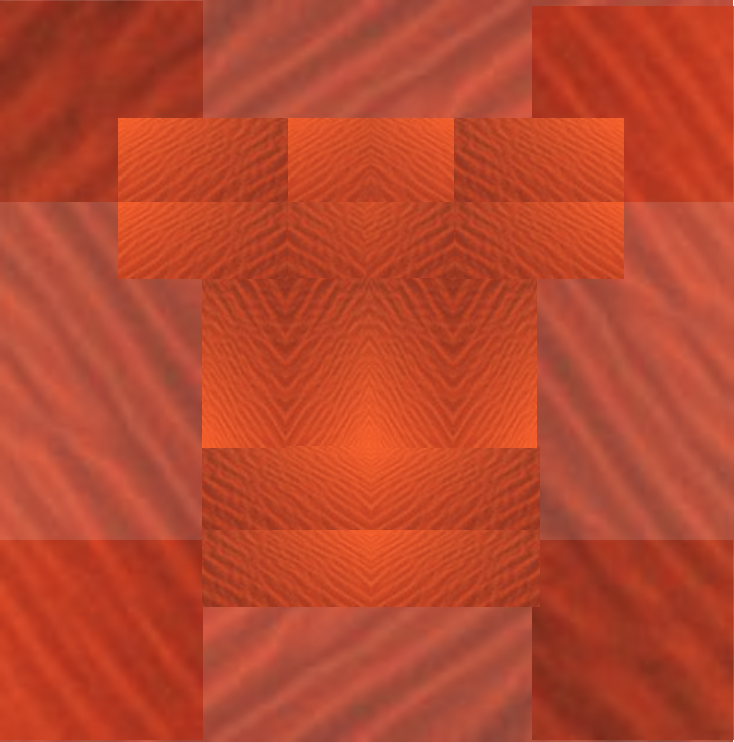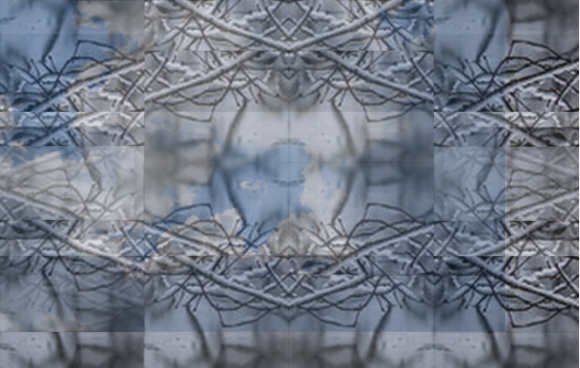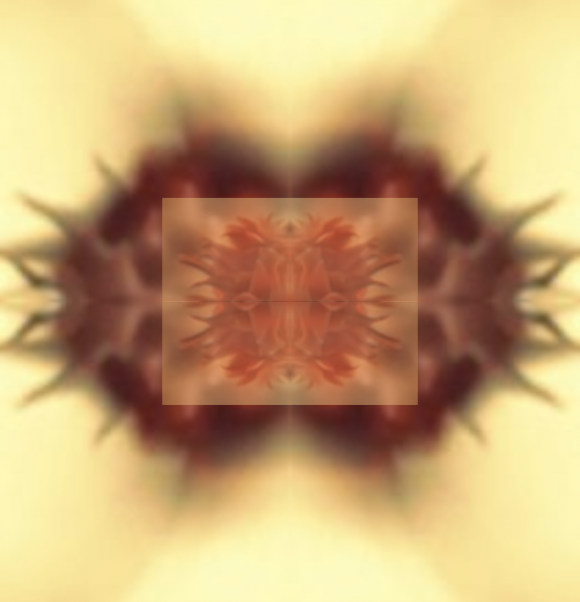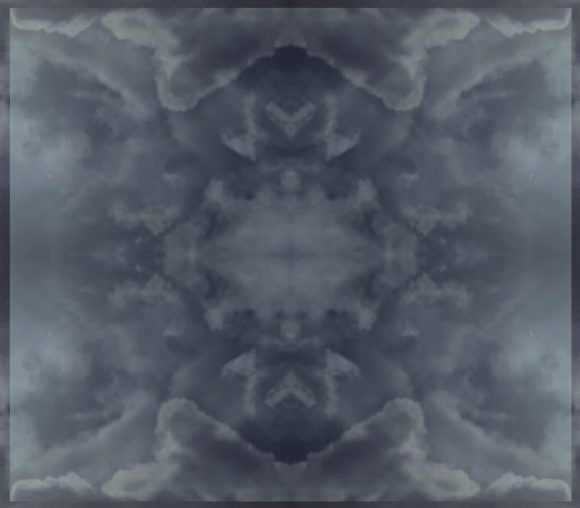[Note: This post has been superseded by an updated and more integrated article.]
There is a rather special use of mirror imagery in Justine, when Durrell’s narrator reflects on his last conversation with the writer Pursewarden (which had taken place immediately before the latter committed suicide).
The fact that this was our last meeting has invested it, in retrospect, with a significance which surely it cannot have possessed. Nor, for the purposes of this writing, has he ceased to exist; he has simply stepped into the quicksilver of a mirror as we all must — to leave our illnesses, our evil acts, the hornets’ nest of our desires, still operative for good or evil in the real world — which is the memory of our friends. Yet the presence of death always refreshes experience thus — that is its function to help us deliberate on the novelty of time.
Lawrence Durrell, The Alexandria Quartet [Justine], 99.
Death, then, means to become a memory to one’s friends; more precisely: to become a mere memory, to be reduced to the traces one has left behind in their minds. But something else, too, remains back in the world, from the person who has died. We respond to a person’s actions, thoughts, emotions while they live and we interact with them. When they die, some of this lingers on, partly in habits we haven’t adjusted yet, partly in direct consequences still in the process of playing out. (Something similar happens when people become separated from their lovers, or others with whom they have shared a life.)

Interestingly, however, what the dying person leaves back in this way, according to the quote, is just bad stuff — what we might summarily characterize as ‘bad karma’: evil acts, illnesses, desires. These things, the implication seems to be, do not cling to the person, are not transferred into the mirror: they belong to the world of the living; and there they are left behind. When the person dies, their reflection in the memory of their friends is freed from this bad stuff. Death, then, is in some sense a cleaning and purification of the person — in the minds of their friends.
Thus death effects a kind of split: ‘we’, the person, become a purified memory (though one that exists only in the minds of our friends), and our bad karma gets separated from us and leads its own existence, separately now, as a kind of rippling after-effect.
2. This metaphysical thought — or rather: this sketch of a metaphysical thought — makes use of the mirror symbolism, again, in order to point to some quality of the mind. In this case, however, it is not the subject’s own awareness (i.e.: it is not reflective self-awareness). The minds are the minds of other people, this time.
This single occurrence (though not all the other uses of mirrors in Durrell’s book), seems to fit the pattern I have traced through some other texts already: namely, that mirrors symbolize a form of self-knowledge which is also (and sometimes: only) accessible to others, and therefore can be mediated to us through what others perceive about us. In mirrors, other people can sometimes see something about ourselves that we ourselves can’t (or won’t) see.
And in our passage here, that something becomes metaphysically separated from us when we die, and thus even more strikingly assigned to the minds of others. In Hoffmann’s Abenteuer, the curious fact that the protagonist loses his mirror image symbolizes his permanent disconnect from the social world, his incapability of arriving at this form of self-knowledge via other people. In Durrell’s metaphysical thought, that idea is driven even further: here, the disconnect becomes the absolute and final separation of death.
3. But Durrell’s main symbolic function for mirrors, throughout the Alexandria Quartet, is to signify self-awareness. And sure enough, Durrell has not forgotten to supplement our passage with another one where they do exactly that.
Although he says that he has forgotten nearly all of it, there is one piece of conversation the narrator remembers from his last encounter with Pursewarden. The latter speaks about religion, or rather, about preoccupations with religion:
He stood up to pour himself a drink and said: ‘One needs a tremendous ignorance to approach God. I have always known too much, I suppose.’
[…] I remember, too, that in the very act of speaking thus about religious ignorance he straightened himself and caught sight of his pale reflection in the mirror. The glass was raised to his lips, and now, turning his head he squirted out upon his own glittering reflection a mouthful of the drink. (99, 100)
Pursewarden’s harsh gesture of self-disgust is appropriately triggered, again, by a perception of his own image in the mirror. As before, mirrors come into play here as a symbol for self-awareness. Of course, to the narrator much of the background motivation for the disgust itself is, at this point in the novel, unknown; consequently, he has only a dim understanding of it all: a messy mixture of psychology, artistic self-interpretation, vicarious interpretation of the artistic mind of the other writer, and spiritual speculation. To the reader, in contrast, mirrors again point to an element of self-awareness in a character, in this case Pursewarden; at the very least, this serves as a clue that there is more to his self-disgust, and probably more to his suicide, than the narrator can understand at this point in the book.




[…] vein of “one cannot stand one’s own face”, which Urfe displays here, thus clearly is a pose. (Not unheard-of, in books.) It is also, strikingly, expressed in phrasing which he himself had denounced as bougeois British […]